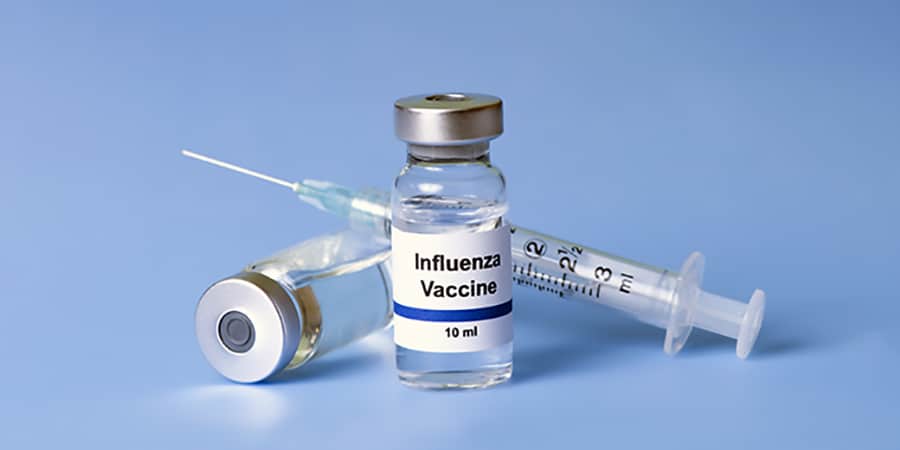Increase in respiratory illnesses causes surge in patients at Rutland Regional Medical Center Rutland
Regional Medical Center enacted part of its emergency surge planning Wednesday, Nov. 16 after a large uptick in respiratory illness put the hospital and its emergency department nearly at capacity. The plan is designed to help clinical leaders ensure that the hospital has space, equipment, and staff to care for seriously ill patients who need inpatient care.
“Rutland Regional is seeing a dramatic increase in people needing hospital care for respiratory illness,” explained Todd Gregory the chief medical officer at Rutland Regional Medical Center.
“RSV is hitting the children in our region particularly hard, and influenza is rising rapidly throughout the U.S. In addition, other hospitals in our area are at or near capacity, which is making it harder to transfer patients.”
Hospital officials are asking the public to take three key steps to help reduce the pressure on caregivers:
- Get a flu vaccine. It’s the best way to reduce serious illness from the flu.
- Take extra precautions to keep yourself safe: wear a mask when you are in public or in large groups and wash your hands frequently.
- Make thoughtful choices about when and where you obtain care. The emergency department is not an appropriate setting for walk-in rapid testing for Covid or flu if it’s not an emergency. Consider going to Urgent Care or visiting a provider through a telehealth mobile app or by scheduling an appointment at a primary care office.
Gregory added that medical experts are predicting an early and intense flu season, which could increase the pressure on caregivers in Rutland. New York and Pennsylvania, as well as all the southern states, are already reporting high levels of flu activity. In addition, RSV, a respiratory virus that can be deadly for young children, has led to bed shortages in pediatric units and children’s hospitals nationwide.
“Right now, the stress on our healthcare system is as intense as it was during the worst of the Covid crisis,” Gregory said.
“During Covid, our community stepped up by wearing masks and focusing on staying healthy. To get through this latest surge, we are again asking for that support,” he added.




